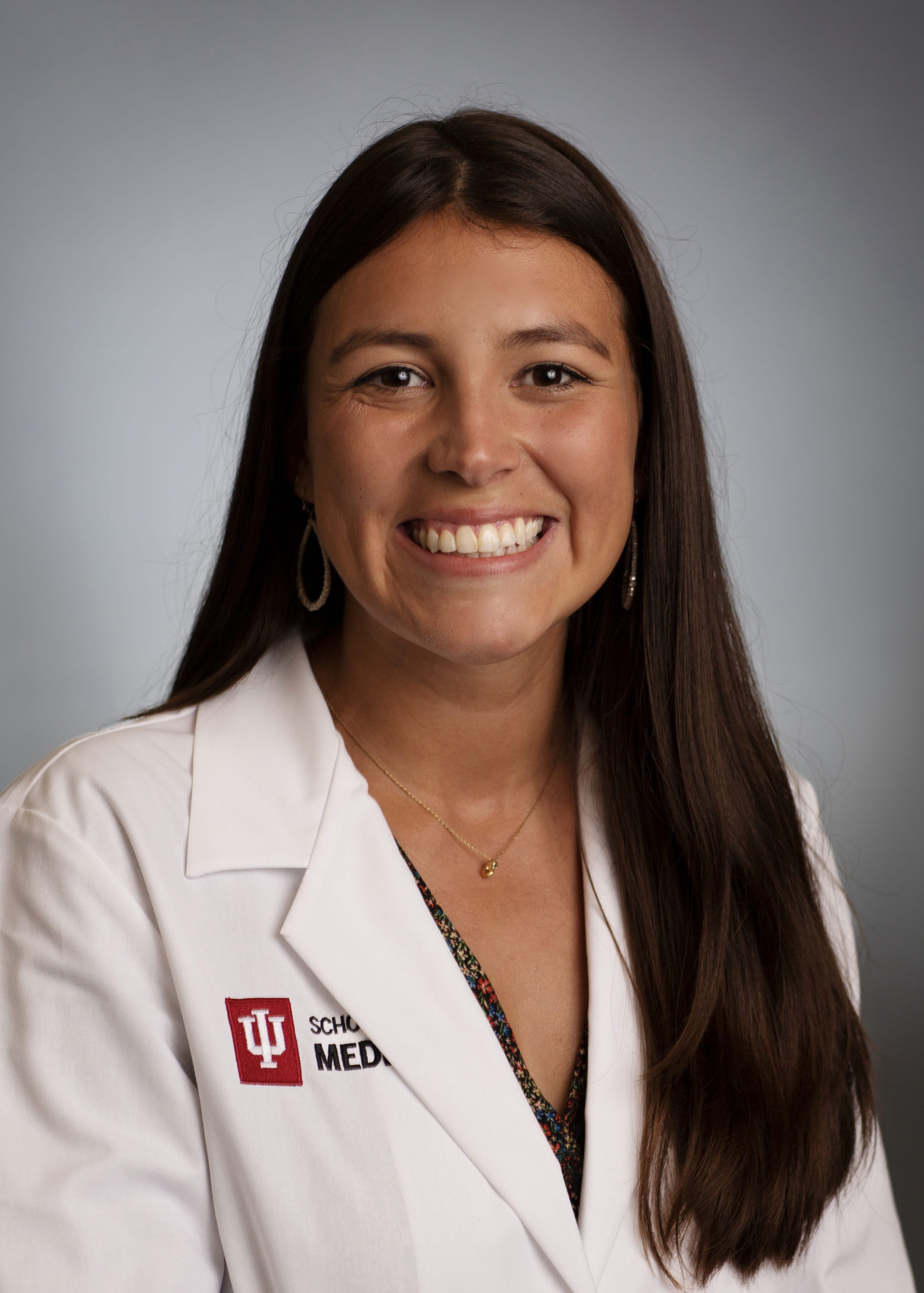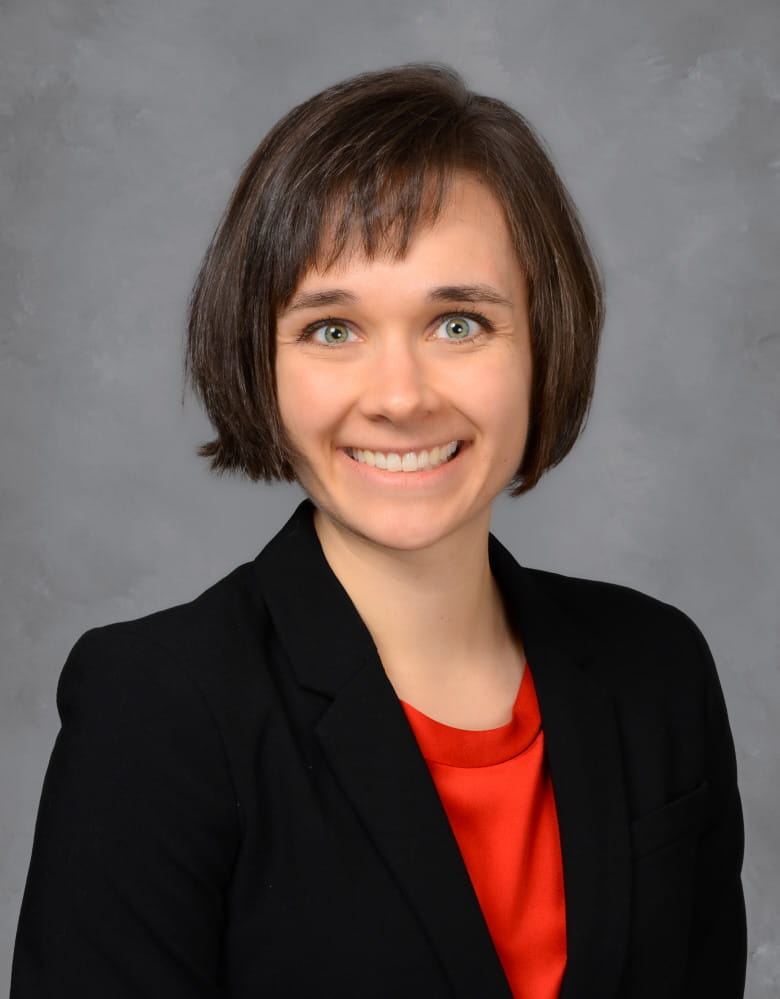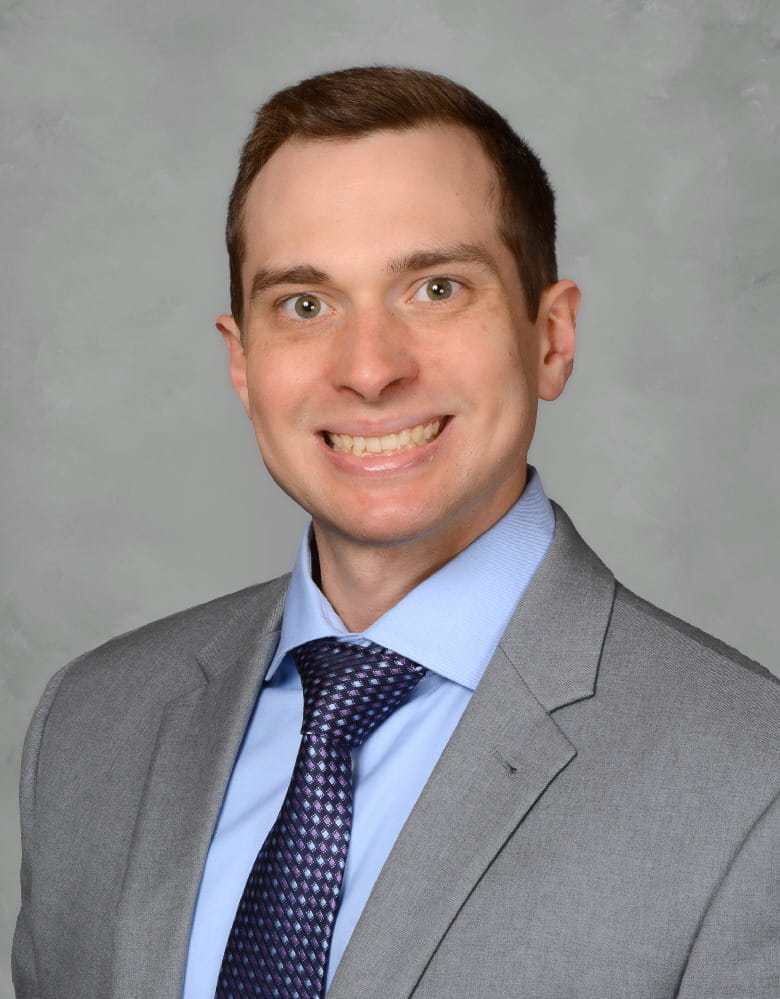If you’re a current medical student with interests beyond the classroom — research, public health, ethics, innovation or community engagement — you're in the right place.
The Scholarly Concentration program at IU School of Medicine gives you the opportunity to pursue your passions alongside the core MD curriculum — with no added time or cost to your medical education. Whether you're driven by a specific population, a pressing health issue, an area of science or you're just curious, Scholarly Concentrations help you personalize your path in medicine.
Program Benefits
-
Customize your education.
Choose a concentration that aligns with your interests and goals — from public health to rural health, from business of medicine to medical education. -
Engage in meaningful scholarship.
Participate in hands-on projects that lead to multidisciplinary research, community impact and publication opportunities. -
Work with experts and communities.
Collaborate with faculty mentors, campus partners and local organizations at our statewide campuses. -
Boost your match readiness.
Develop a professional portfolios, strengthen your CV and gain talking points for residency interviews and beyond. -
Earn elective credit and recognition.
You can earn eight weeks non-clinical elective credit toward MD graduation requirements. Your concentration is also noted on your transcript and can be added to your CV or resume. -
Join a vibrant learning community.
Connect with like-minded students, faculty, and staff passionate about advancing care and solving real-world problems. -
Optional, but impactful.
Participation is voluntary, but the outcomes are powerful.


